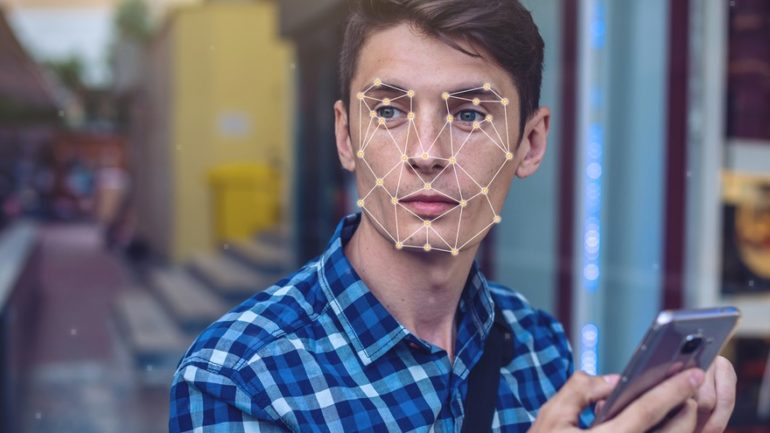Despite consumer opposition to facial recognition, the technology is currently being used in retail stores throughout the US according to new research from Piplsay.
While San Francisco banned the police from using facial recognition back in 2019 and the EU called for a five year ban on the technology last year, several major retailers in the US including Lowe’s, Albertsons and Macy’s have been using it for both fraud and theft detection.
Still though, the technology is currently facing stiff opposition from advocacy groups for being too invasive according to Piplsay.
With cameras tracking the movements, behavior and emotions of retail shoppers, is too much personal information and data being given away to offer an improved customer experience and increased security?
Completely unaware
To learn more about consumer opinions and comfort levels when it comes to the use of facial recognition technology, Piplsay polled 31,184 Americans across the country to compile its new “Face-recognition tech in retail” report.
Of those surveyed, almost half (40%) were completely unaware that retailers have begun using facial recognition technology in their stores while 60 percent said they knew this technology was being deployed.
When it came to whether or not respondents supported the use of facial recognition by retailers, 42 percent said they didn’t mind it while 38 percent said they were against its use in stores. Of those against its use, 22 percent said they believed facial recognition is an invasion of privacy while 16 percent said they believed it can be inaccurate or discriminatory.
Respondents to Piplsay’s survey also said that stores using facial recognition should inform customers in advance that they are being tracked (69%) while a similar percentage (65%) said that stores using this technology should provide customers with a way to opt-out.
While it makes sense for Amazon’s cashier-less Amazon Go convenience stores to use facial recognition, the same can’t be said for retailers when using the technology offers no immediate benefit to consumers.



